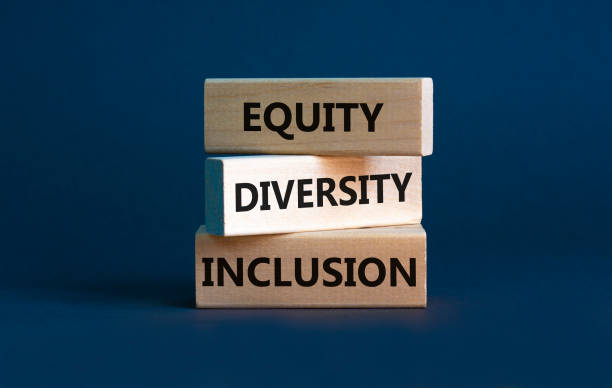'Inclusivity is about creating a culture where everyone feels valued'

Authored by Covéa
We recently caught up with Lisa Meigh, our Chief People Officer about the programmes that lead to our nomination for Insurer Diversity and Inclusion Excellence at the Insurance Times Awards
What do you think stands out about your approach to ED&I?
It’s driven and generated by our people rather than being a corporate agenda. It comes from our people and what they care about. What we’ve done is give our people the space and freedom to set the agenda and drive things forward which has meant there’s been pace, passion, and authenticity in delivering, because it comes from their hearts and minds
Why is ED&I so important to you?
For me there’s two reasons. The first is simply about doing the right thing on a human level. People should be allowed to be themselves, shouldn’t have to hide any part of themselves away. It’s about meeting the need we all have to feel valued and accepted for who we are.
The second is on a business level. I believe we get better quality output, more creativity, and better decision-making for our customers, because we’re able to explore issues through different lenses. Essentially, it gives us a competitive advantage around our customer proposition.
What benefits has your approach to ED&I brought to the Covéa workplace?
We use employee engagement surveys to monitor how we’re doing, and these consistently score us highly on inclusivity. Specifically, we now have 1 in 5 people working flexibly – both men and women – to suit their personal situation. We have a menopause café which creates a safe space for people to talk and be supported, we’ve launched a women in leadership apprenticeship, we now have more women progressing into leadership roles, we’ve increased female retention, we participated in the 10,000 black interns ABI initiative, we’ve partnered with GAIN to support neurodiversity and we celebrate different cultural and religious events like Eid – I could go on –the point is that inclusivity is integral to our employee engagement strategy.
The other crucial aspect is that an inclusive culture builds trust and goodwill. We’ve had a lot of changes over the last year and our underlying culture has really helped us navigate through.
What’s next for ED&I?
We are on a journey and through our community networks we are evolving, we’re working on bringing all our inclusivity groups together. This recognises that often there’s overlap, our people are not defined by one characteristic and so we are focusing on intersectionality. This will also give greater collective power and energy through an aligned approach.
The focus on intersectionality will connect people more deeply and enable them to be fully themself at work, with every facet of their identity being embraced and supported. If people feel they belong, engagement, performance, productivity, and discretionary effort all increase, as there’s no energy wasted on masking.
How do you think the industry is performing on ED&I?
At Covéa, we’re committed to driving positive change for our people and its good to see the ABI and FCA setting targets and guidance to support good outcomes. New regulatory requirements are coming into force soon incorporating requirements around ED&I, so there will be change, but as an industry there’s still a long way to go.
What would you say to ED&I cynics?
We faced a lot of cynicism in the early days and that meant we had to make a strong benefits case. Being way down the line now, most people believe it’s right and want to contribute.
A lot of the power and pace behind our approach comes from not forcing ED&I as a corporate agenda. We just provide the autonomy, resources, and opportunity for our people.
The other thing we’ve learnt is not to be exclusive about inclusivity, you have to involve all your stakeholders. For example, in the early days when we were looking at gender equality, we held events just for women. We found it’s much better if you involve men too as they can become advocates and allies. And everything we’re doing to help mothers in the workplace will help fathers too.
What’s been massively powerful is the openness of colleagues in sharing their stories and experiences. When someone shows their vulnerability by talking about how their diversity has
What would winning the award mean to you?
Whilst it isn’t about winning awards, they are fantastic to acknowledge everything our teams have done; for every person who has joined our groups, challenged inappropriate behaviours, taken part, cooked for Eid, Diwali and more; it’s a collective effort and would be a collective win for our people, for their, kindness, thoughtfulness, and courage.





